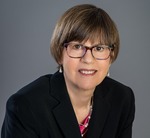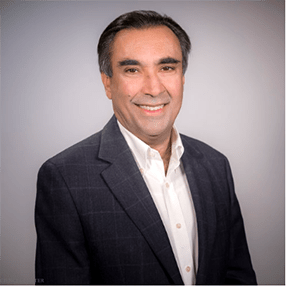Project ECHO Moves Knowledge, Not People
// By Jane Weber Brubaker //
 One physician specialist’s vision for sharing his expertise with primary care providers has grown into a global movement that extends specialized care to patients in underserved communities.
One physician specialist’s vision for sharing his expertise with primary care providers has grown into a global movement that extends specialized care to patients in underserved communities.
Health care industry expert Paul Keckley challenges the belief that all health care is local, calling it “the myth that refuses to die,” in his 2018 post on The Health Care Blog. But he notes one exception: “For the least fortunate in our communities, staying at home for care is reality.”
Taking time off from work and traveling long distances to access specialized care are luxuries the poor cannot afford. The impact on health outcomes can be profound. Added to these limiting factors, the demand for specialists far exceeds the supply in some geographic areas.

Sanjeev Arora, director and founder, Project ECHO
These realities inspired Dr. Sanjeev Arora, a liver disease specialist and tenured professor of medicine at the University of New Mexico Health Sciences Center, to found Project ECHO — Extension for Community Health Outcomes.
Project ECHO is a tele-mentoring model that virtually connects specialists, who volunteer their time and expertise, to primary care providers in underserved communities. The model is offered free of charge.
Dr. Arora says, “In 2003, more than 28,000 New Mexicans had hepatitis C. My clinic was the only one in the state dedicated to treating this disease. My wait list to see patients was eight months long. People were dying while waiting for treatment — treatment that might have cured many of them. That’s why I started Project ECHO.”
The nonprofit organization’s website explains the multiplier effect: “By participating in ECHO programs, a single specialist contributes to the development of 20 or more local experts, who then go on to apply their newly acquired knowledge to improve the lives of people in their communities.”
